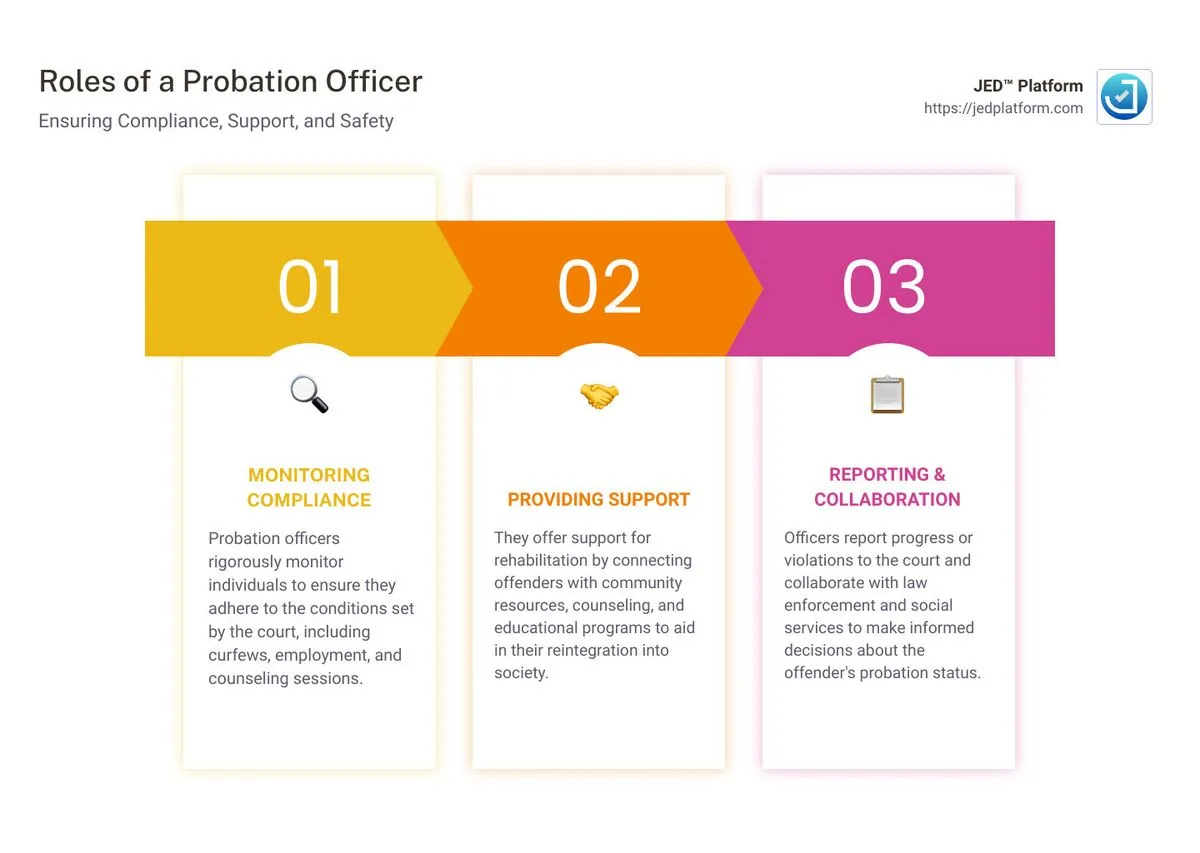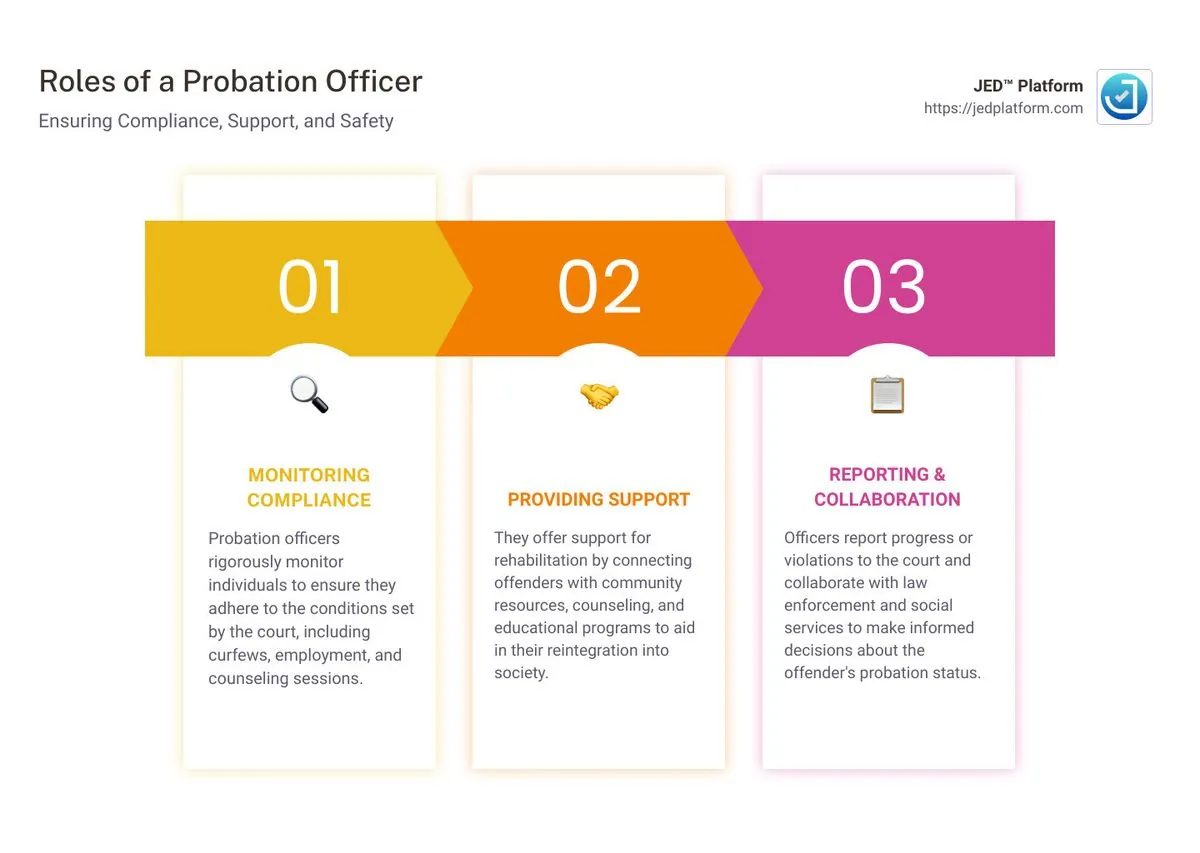Whistleblowers Warn: Public Safety at Risk in Sex Offender Program Shake-up
Concerns raised over less qualified staff leading sex offender treatment programs in UK probation service restructuring. Whistleblowers warn of potential risks to public safety due to staff changes.

Whistleblowers have raised alarm bells about recent changes to sex offender treatment programs in the UK, warning that public safety could be compromised. The restructuring of these programs, which are crucial for rehabilitating offenders, has led to concerns about the qualifications of staff leading the courses.
The UK Probation Service, established in 1907, has long been responsible for managing and rehabilitating offenders. However, recent changes have sparked controversy. According to whistleblowers, the treatment courses are now being led by less qualified staff instead of specialist "band four" probation officers who earn up to £10,000 more annually.
Huw Edwards, the former BBC presenter, would have been placed on one of these programs, known as iHorizon, as part of his suspended sentence if he hadn't opted for private treatment. This case highlights the importance of these programs in rehabilitating offenders who have accessed or supplied child abuse images.
"To disband a very experienced team and hand it over when there's a rocketing amount of internet offending seems quite dangerous and risky – and not in the interests of people, if you're trying to rehabilitate them."
The iHorizon program, consisting of 25 to 28 sessions over approximately six months, is a key component of sex offender rehabilitation in the UK. It uses cognitive-behavioral therapy, a common approach in sex offender treatment since the 1980s. The program covers various modules, including examining offenders' behaviors and life circumstances.

It's worth noting that the UK has about 60,000 registered sex offenders, a system introduced by the Sex Offenders Act 1997. Treatment programs like iHorizon are crucial in managing this population and reducing recidivism rates, which are generally lower for treated offenders compared to untreated ones.
Whistleblowers also reported delays in getting offenders onto courses, with waiting lists potentially extending to a year. This is concerning given the increasing number of internet-based offenses in recent years.
The UK has implemented various measures to manage sex offenders, including the Child Sex Offender Disclosure Scheme introduced in 2010 and mandatory polygraph testing for high-risk offenders since 2014. These measures, along with specialized police units for managing sex offenders in the community, form a comprehensive approach to public safety.
In response to the concerns, a Ministry of Justice spokesperson stated that sex offenders are supervised by qualified probation officers and that the Horizon behavior change program is delivered by appropriately trained staff. They emphasized that the changes ensure consistent program delivery across the country to reduce reoffending risks.
As the debate continues, it's clear that balancing effective rehabilitation with public safety remains a complex challenge for the UK's criminal justice system.


































